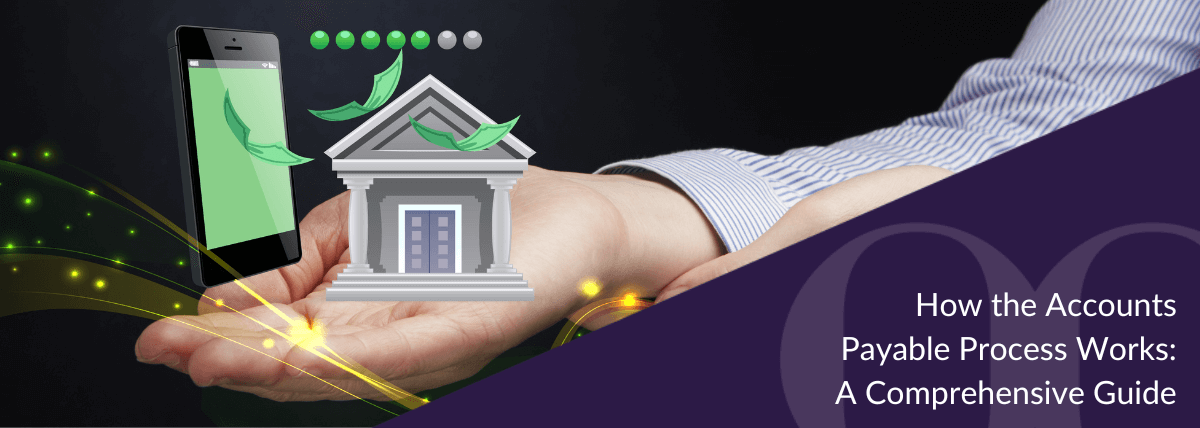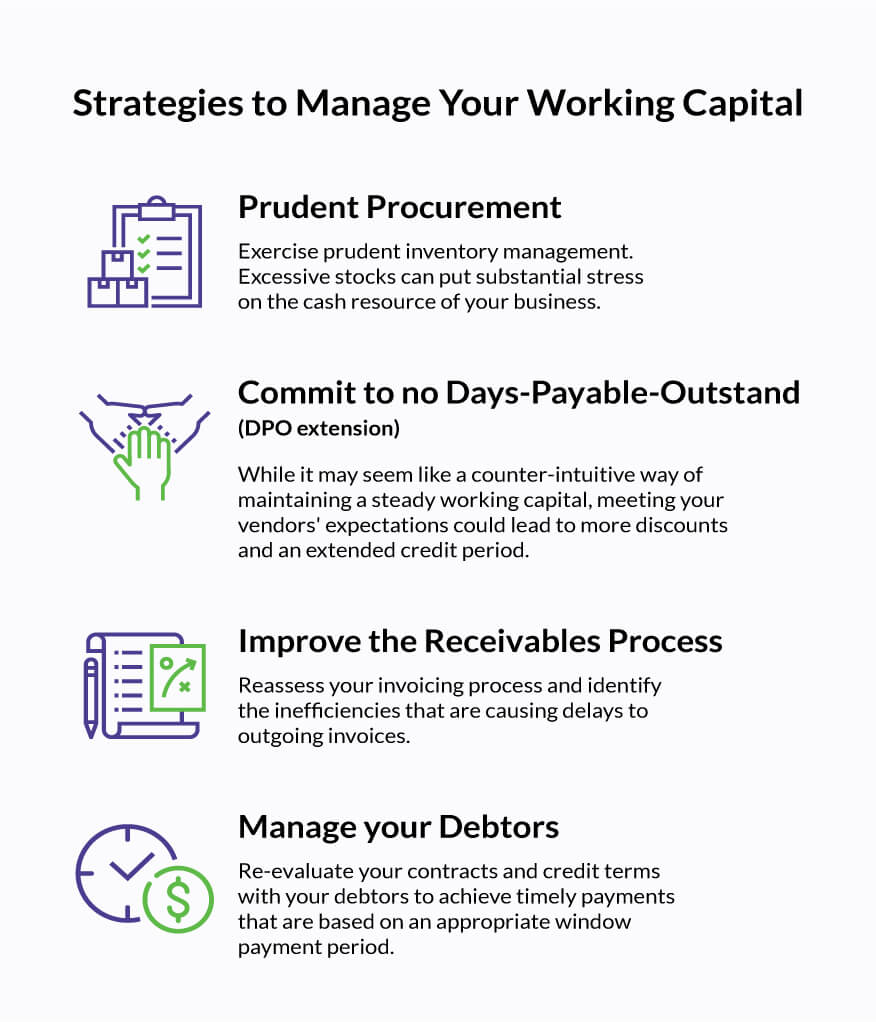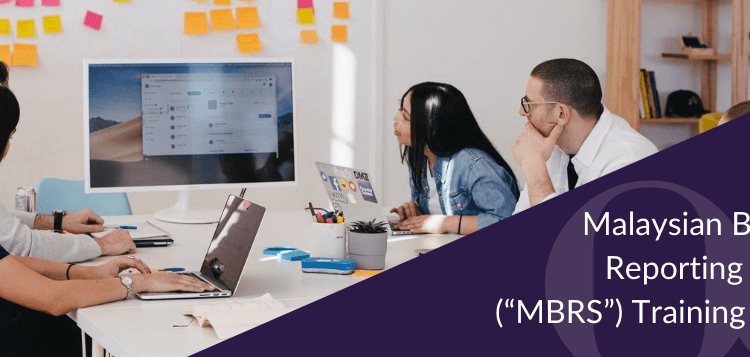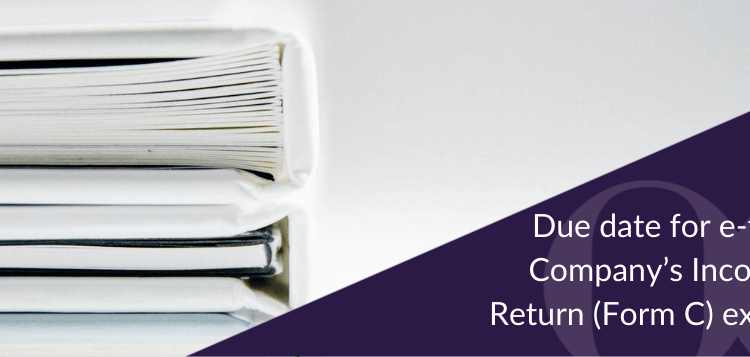Change is something that you negotiate every day as a business leader.
It doesn’t matter whether you’re navigating changes in technology, shifting customer preferences or ongoing economic instability, or dealing with a mandatory regulatory update. In every case, the end-goal remains the same: staying competitive.
And irrespective of your company size and success, sometimes the best way to stay competitive is to implement a well-thought-out exit strategy.
Several options are available if your exit strategy involves closing down a company in Malaysia. Below is our guide to three tried-and-tested methods so you can identify the best option for your business.
01 Striking off a company
A simple, cost-effective method to close down an Sdn Bhd or private limited company or business is to request that the Companies Commission of Malaysia (“CCM”) strike it off from the register pursuant to Section 550 of the Companies Act 2016 (the “Act”). This will effectively dissolve a company.
To be considered for strike-off, your company must:
- not carry on business/operations (and must not intend to do so);
- resolve financial obligations;
- have no assets or liabilities, including any outstanding charges in the Register of Charges;
- have no outstanding penalties or compounds relating to the Act;
- have no outstanding tax or other liabilities, and have no debts to any government department or agency;
- not have made any return of capital to shareholders (including dividends);
- ensure your information is up-to-date with the Registrar;
- not be involved in any impending legal proceedings; and
- not be a holding company or a “Guarantor Corporation”.
Your company needs to meet all of these requirements before you submit your application to the CCM and file dissolution documents.
A clear advantage of the company strike-off method is the speed of the process: in our experience, it typically only takes one year. This is relatively quick compared to other options for closing down a business in Malaysia.
However, this method does have a couple of potential pitfalls. These include:
- the CCM having the final say in the strike-off decision;
- anyone who suffers grievances from the strike-off having an open legal avenue to reinstate the company within seven (7) years; and
- after a company is struck off the Register, the company will dissolve and cease to exist. The company will no longer be able to conduct any form of business or transactions. However, the liability of every director, officer or shareholder of the company will continue and may be enforced as if the company had not been dissolved. In other words, even if a company is struck off, any past misconduct or breaches of law that relate to a director, officer or shareholder of the company will still be enforceable against them.
In summary, the striking off mechanism provides many advantages to business owners who do not wish to go through the more lengthy and tedious process of winding up a company.
Want to lower your chances of getting caught by these pitfalls? Our experienced company secretarial experts in Malaysia combine expertise and local know-how to give you peace of mind. Let them handle all of the compliance and administrative requirements of the strike-off process on your behalf, so that you can stay focused on the bigger business picture.
02 Winding up a company by a Members’ Voluntary Liquidation
Winding up a company – also known as going into liquidation – is longer and more complex than simply striking off a company. So at first glance, it can look less appealing than a strike-off when deciding on how to close down your business.
However, in some circumstances, winding up a company may be more appropriate for your business.
For example, your shareholders might want to benefit from the proceeds gained by the company after selling off the assets. But – as we mentioned in the previous section – if your shareholders receive any capital from the company, the company won’t be eligible to apply for strike-off.
In this case, a company wind-up might be your best option for closure of business.
Generally, the voluntary options for winding up a company in Malaysia are either:
- a members’ voluntary liquidation (“MVL”); or
- a creditors’ voluntary liquidation (“CVL”).
While you need to appoint a liquidator for both options, in an MVL (where the company must be financially solvent), the surplus of the company will distribute to members upon the settlement of the debts and expenses. By contrast, in a CVL (where the company is not financially solvent), the proceeds realised from selling off the assets will be paid to the creditors.
To start an MVL:
- the company must be solvent; and
- the Board of Directors must adopt a Declaration of Solvency and form an opinion that the company can settle all debts within twelve (12) months from the commencement date of liquidation.
After adopting this Declaration, you will need to convene a members’ meeting, which has two important functions:
- to seek shareholder approval to voluntarily liquidate the company; and
- to appoint the liquidator.
At this point, you will need to open a bank account specifically for the liquidation process.
From here, the liquidator will notify all relevant parties that the MVL process has started. These parties include the:
- Board;
- Company Secretary;
- auditors;
- tax agents;
- Employees’ Provident Fund (“EPF”);
- Inland Revenue Board (“IRB”);
- Social Security Organisation (“SOCSO”);
- Royal Customs of Malaysia (“RCM”); and
- Human Resource Development Fund Malaysia (“HRDF”)
Then, during the liquidation process, the liquidator must prepare and submit “Liquidator’s accounts” to the CCM and the Official Receiver every six (6) months.
If the liquidation process takes more than a year, an annual meeting of members will be held to report on the winding-up processes undertaken to date. An MVL typically takes between 1-2 years to complete, depending on how long it takes to obtain tax clearance from the IRB.
However, after receiving tax clearance, the liquidator shall prepare the final account and convene a final meeting to finalise the liquidation process and close down your business.
If you believe an MVL is the right option for your company, save time and skip the complexity by using our professional liquidation services. Our company secretarial services in Malaysia will help you to dissolve your company in a quick and effective manner.
03 Closing down a foreign business or company’s branch office in Malaysia
This option is only available if you have established your business in Malaysia as a foreign company (known locally as a “branch office”).
You can close your foreign company’s branch by lodging Form 578 (1) – Notice by Foreign Company of Cessation of Business with the CCM within seven (7) days from ceasing of its operation. Upon the expiration of twelve (12) months after lodging of the said form, CCM will remove the branch office name from the register.
If this option applies to your business, we can help you settle any outstanding branch office operational matters before you close down such as:
- employee payroll
- filing of statutory forms with the relevant government authorities
- notifying of tax agents, auditors and other regulatory authorities (if applicable) that the branch has closed
Take advantage of our exit strategy expertise to aid your business closure
Before you decide on a company exit strategy, you need to carefully consider any compliance, regulatory and tax implications that may be unique to your business.
BoardRoom’s experienced team can advise you on the best course of action for closure of business. More than that, we can also take care of all the formalities and guide you step-by-step through the complexities.
Get in touch with our company secretarial experts to learn more or get advice on how to close down a business in Malaysia.














